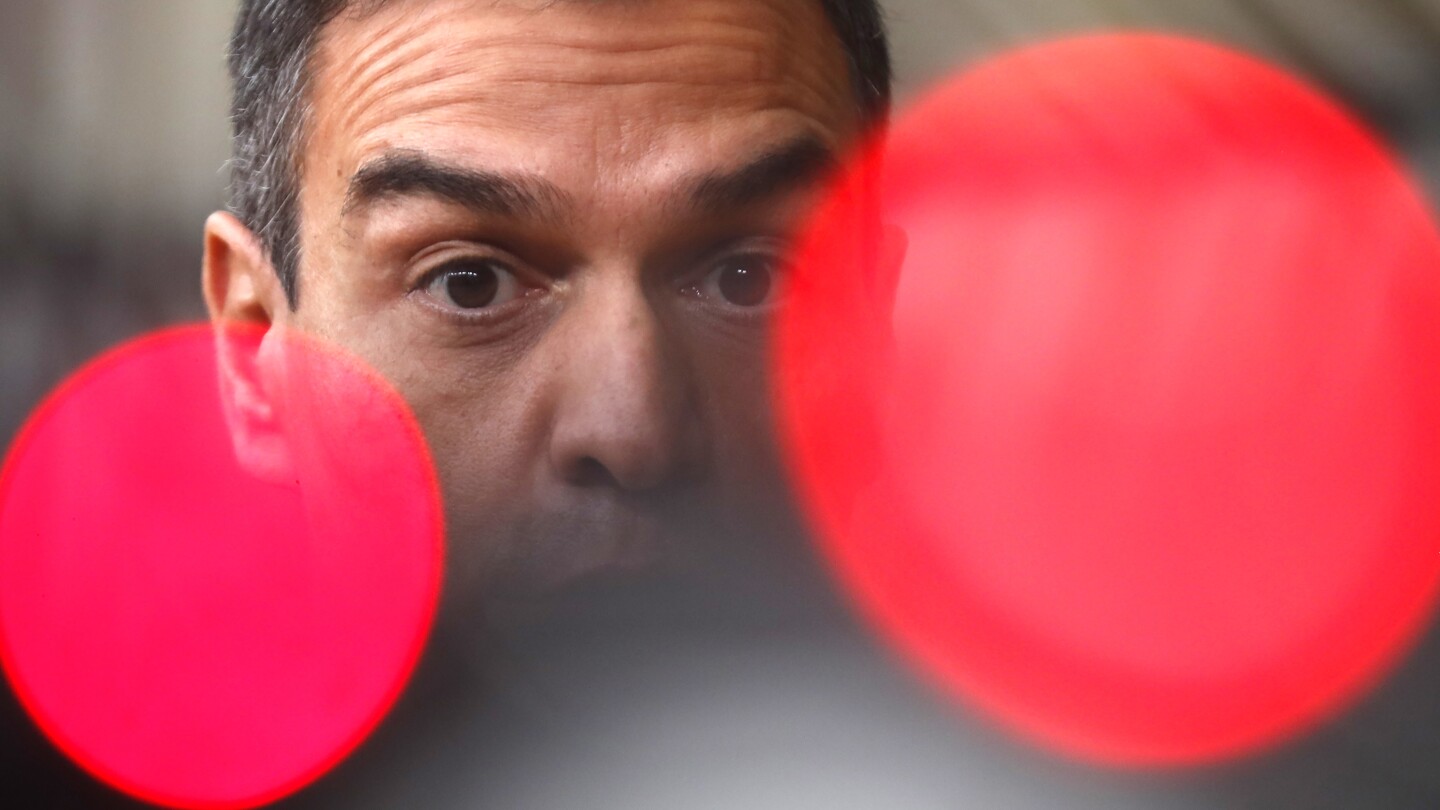MADRID (AP) — Spain has successfully negotiated an exemption from NATO’s 5% of GDP defense spending target, just days ahead of a crucial summit of the military alliance’s leaders. Prime Minister Pedro Sánchez announced the agreement on Sunday, emphasizing that Spain’s role and influence within NATO remain unaffected despite the exemption.
“Spain will, therefore, not spend 5% of its GDP on defense, but its participation, weight, and legitimacy in NATO remain intact,” Sánchez declared in a televised address. He further explained that Spain would uphold its commitments to the 32-nation alliance by allocating 2.1% of its GDP to defense needs.
Behind the Negotiations
The agreement was formalized through letters exchanged on Sunday between NATO Secretary-General Mark Rutte and Sánchez. The correspondence confirmed Spain’s exemption and amended the language surrounding the 5% spending target to exclude the phrase “all allies.” This development follows a prior communication on Thursday, where Sánchez informed Rutte that Spain could not adhere to the proposed spending goal.
The potential impasse threatened to overshadow the upcoming NATO summit in The Hague, which will be attended by U.S. President Donald Trump. The summit’s agenda includes discussions on new spending guidelines, which require unanimous consent from all 32 member states.
Spain’s Defense Spending in Context
Historically, Spain has been one of NATO’s lowest spenders on defense. According to NATO estimates, Spain allocated just 1.28% of its GDP to military expenditure last year. In April, Sánchez announced plans to increase this figure to 2% by the end of the year, a decision that faced domestic opposition, including from some of his political allies.
Last year, Spain spent 1.28% of GDP on defense, the lowest among NATO members.
President Trump has been vocal about his expectations for NATO members to meet the alliance’s financial commitments. On Friday, he criticized Spain, stating that it “has to pay what everybody else has to pay,” and described the country as “a very low payer.”
“They were either good negotiators or they weren’t doing the right thing,” Trump remarked to reporters, reflecting on Spain’s position.
Implications for NATO and Europe
Prime Minister Sánchez has articulated a vision for European defense that aligns with certain views expressed by President Trump, advocating for Europe to take greater responsibility for its own security. However, he described the 5% GDP spending target as “incompatible with our worldview.”
This exemption underscores ongoing debates within NATO about equitable burden-sharing and the financial commitments of member states. As geopolitical tensions rise, the alliance faces pressure to bolster its collective defense capabilities while accommodating the economic realities of its diverse membership.
Experts suggest that Spain’s decision could prompt other NATO members to reassess their defense spending commitments. According to Dr. Luis Martinez, a defense analyst at the Spanish Institute for Strategic Studies, “Spain’s exemption might set a precedent for other countries that are struggling to meet the 5% target, potentially leading to a broader re-evaluation of NATO’s financial expectations.”
Looking Ahead
The upcoming NATO summit will likely address these financial disparities and seek to establish a more flexible framework for defense spending that accounts for the varied economic capacities of member states. As Spain navigates its role within the alliance, it remains committed to contributing to NATO’s strategic goals while balancing domestic economic priorities.
In conclusion, Spain’s successful negotiation for a defense spending exemption highlights the complexities of international alliances and the need for adaptable strategies in an evolving global landscape. The outcome of the NATO summit will be closely watched as member nations strive to maintain unity and effectiveness in the face of emerging security challenges.
